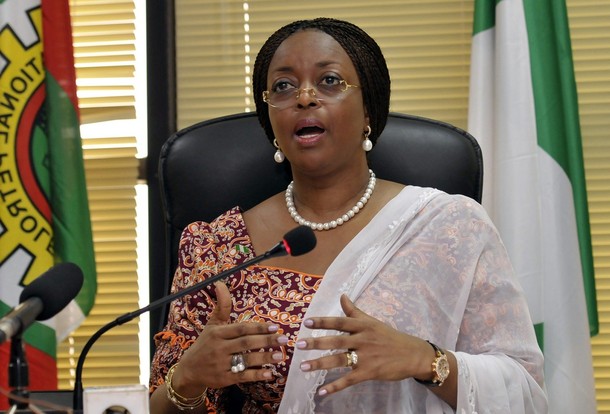Petroleum Products Pricing and Regulatory Agency (PPPRA) have said that increased participation of indigenous Oil marketers in the importation of petroleum products into the country is the cause of high subsidy claims.
The agency said this while reacting to a newspaper editorial that alleged that the appointment of Mrs. Diezani Alison-Madueke minister of petroleum resources in 2011 and her subsequent annexation of PPPRA resulted in the increase of petrol subsidy claims.
In a statement from its Head of Corporate Services, Lanre Oladele, PPPRA said “To start with, the PPPRA, by its enabling law, reports to the president, which explains why it was under the presidency at inception. Section 1 sub-section 3 of the PPPRA establishment Act No. 8 of 2003 states that: “The agency shall not be subject to the direction, control or supervision of any other authority in the performance of its functions under this Act other than the President.
“Thus between 2003 when the agency was established and 2009, the board of the agency, which was responsible for the running of its affairs, was reporting on both technical and administrative matters directly to the president, through the Office of the Secretary to the Government of the Federation (OSGF).
“However, with the appointment of a substantive minister of petroleum resources and to ensure effective co-ordination and supervision, as well as alignment of the technical activities of the PPPRA, the agency in 2009 commenced reporting to the president through the ministry of petroleum resources.
“In fact, the appointment of an Executive Secretary of the agency in 2009 was conveyed by the then minister of petroleum resources, even though the agency was still reporting to the Office of the Secretary to the Government of the Federation on administrative matters.
“In an effort to address the anomaly where some agencies, including the PPPRA, PTDF and the National Hospital Abuja, were inadvertently dislocated from their parent ministries, the president in January 2011 directed these three agencies to formally redirect their reporting line.
The Secretary to the Government of Federation (SFG), through a circular with reference number SGF.19/S.53/T/65 dated February 16 2011, communicated the presidential directive for the National Hospital Abuja on the one hand as well as the PPPRA and PTDF on the other, to report to the President through their parent ministries, the Federal Ministry of Health and the Ministry of Petroleum Resources respectively.
On the subsidy claims, it explained that: “One of the developments regarding the administration of the subsidy fund was the decision by the PPPRA board in 2010 to amend the Petroleum Support Fund (PSF) guidelines, which enabled the participation of more indigenous operators in line with the Local Content Act.
“This action, which is in line with the board’s statutory powers of running the affairs of the agency, brought the number of participants to 142. Although the reason for the PPPRA board’s amendment of the guidelines was well intended, it inadvertently created opportunities for abuse of the subsidy process by some unscrupulous marketers.”
“The fluctuations are attributable to varied developments in the administration of the subsidy fund and key fundamentals in both the international and domestic oil markets.
“Cost elements like international crude and product prices also contributed to the fluctuations in the subsidy figure between 2009 and 2013.
“In 2009 when annual average landing cost of petrol was N78.19 per litre and pump price was N65.00 per litre, the annual average subsidy gap was N26.39 per litre.
“However, when compared to the annual average landing cost of N130.29 per litre in 2011 and the pump price of N65.00 per litre, the annual average subsidy gap swung to N79.63 per litre.
“Arising from the above, it has to be noted that subsidy in 2009 was N26.39 per litre as against N79.63 per litre in 2011, which is a major factor that contributed for the high subsidy figure recorded in 2011. Added to this is the inclusion of kerosene subsidy arrears of 2010 and parts of 2009.”

